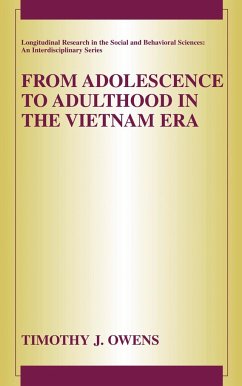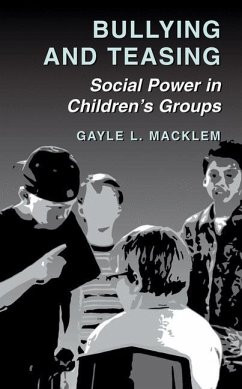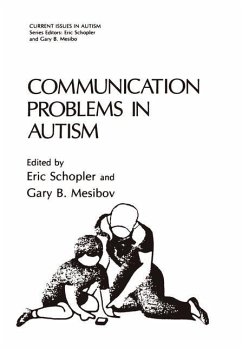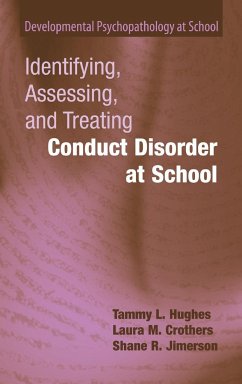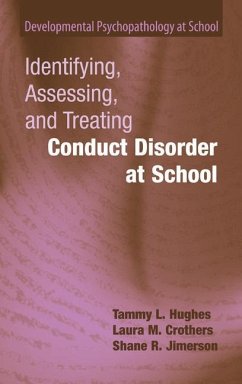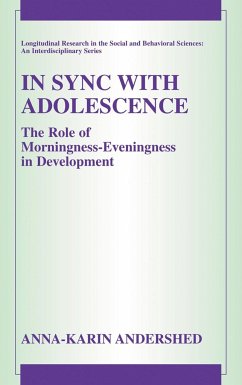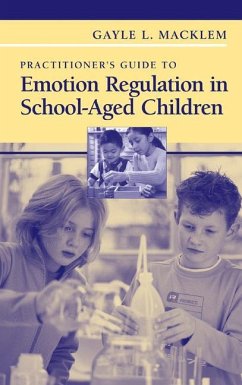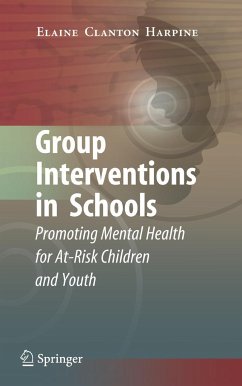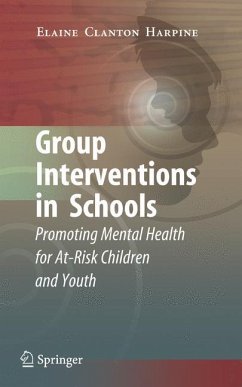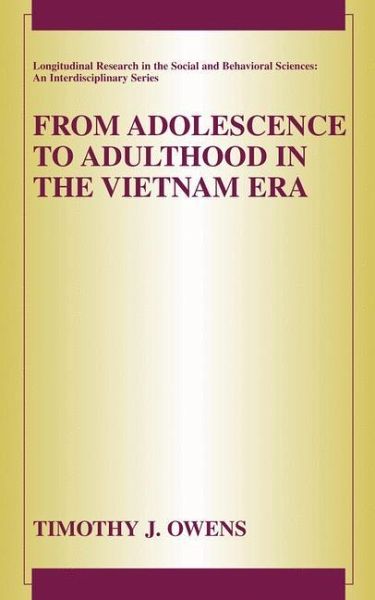
From Adolescence to Adulthood in the Vietnam Era
Versandkostenfrei!
Versandfertig in 6-10 Tagen
76,99 €
inkl. MwSt.
Weitere Ausgaben:

PAYBACK Punkte
38 °P sammeln!
Children born during the post-WWII era of peace and prosperity entered history at a time dominated by I-Like-Ike politics and domestic security. As they approached adolescence, however, their world was shaken by major cultural, economic, social, and political upheaval. And although it was time of great innovation and progress, a sense of chaos and bitterness began to envelop the country. It was the '60s. For many Americans, a mere mention of this decade evokes an extraordinary time and place in the country's - and their own - history.Adolescents who had been enjoying the technological and medi...
Children born during the post-WWII era of peace and prosperity entered history at a time dominated by I-Like-Ike politics and domestic security. As they approached adolescence, however, their world was shaken by major cultural, economic, social, and political upheaval. And although it was time of great innovation and progress, a sense of chaos and bitterness began to envelop the country. It was the '60s. For many Americans, a mere mention of this decade evokes an extraordinary time and place in the country's - and their own - history.
Adolescents who had been enjoying the technological and medical advances of the era - television, drive-in movies, rock-and-roll, vaccinations that prevented once-incurable diseases - now were also experiencing the fallout from the Civil Rights Movement, domestic terrorism, stagflation, and (perhaps most significant) the Vietnam War.
From Adolescence to Adulthood in the Vietnam Era provides a unique, detailed, long-term study of the psychological and social worlds of male adolescents who were on the cusp of adulthood as the 1960s were ending. This longitudinal analysis follows adolescent boys who graduated with the class of 1969 and transitioned into adulthood either through military service, full-time employment, or college life. The results examine the different pathways these boys chose and the affect these choices had on their transition from adolescents to young adult men.
Adolescents who had been enjoying the technological and medical advances of the era - television, drive-in movies, rock-and-roll, vaccinations that prevented once-incurable diseases - now were also experiencing the fallout from the Civil Rights Movement, domestic terrorism, stagflation, and (perhaps most significant) the Vietnam War.
From Adolescence to Adulthood in the Vietnam Era provides a unique, detailed, long-term study of the psychological and social worlds of male adolescents who were on the cusp of adulthood as the 1960s were ending. This longitudinal analysis follows adolescent boys who graduated with the class of 1969 and transitioned into adulthood either through military service, full-time employment, or college life. The results examine the different pathways these boys chose and the affect these choices had on their transition from adolescents to young adult men.





